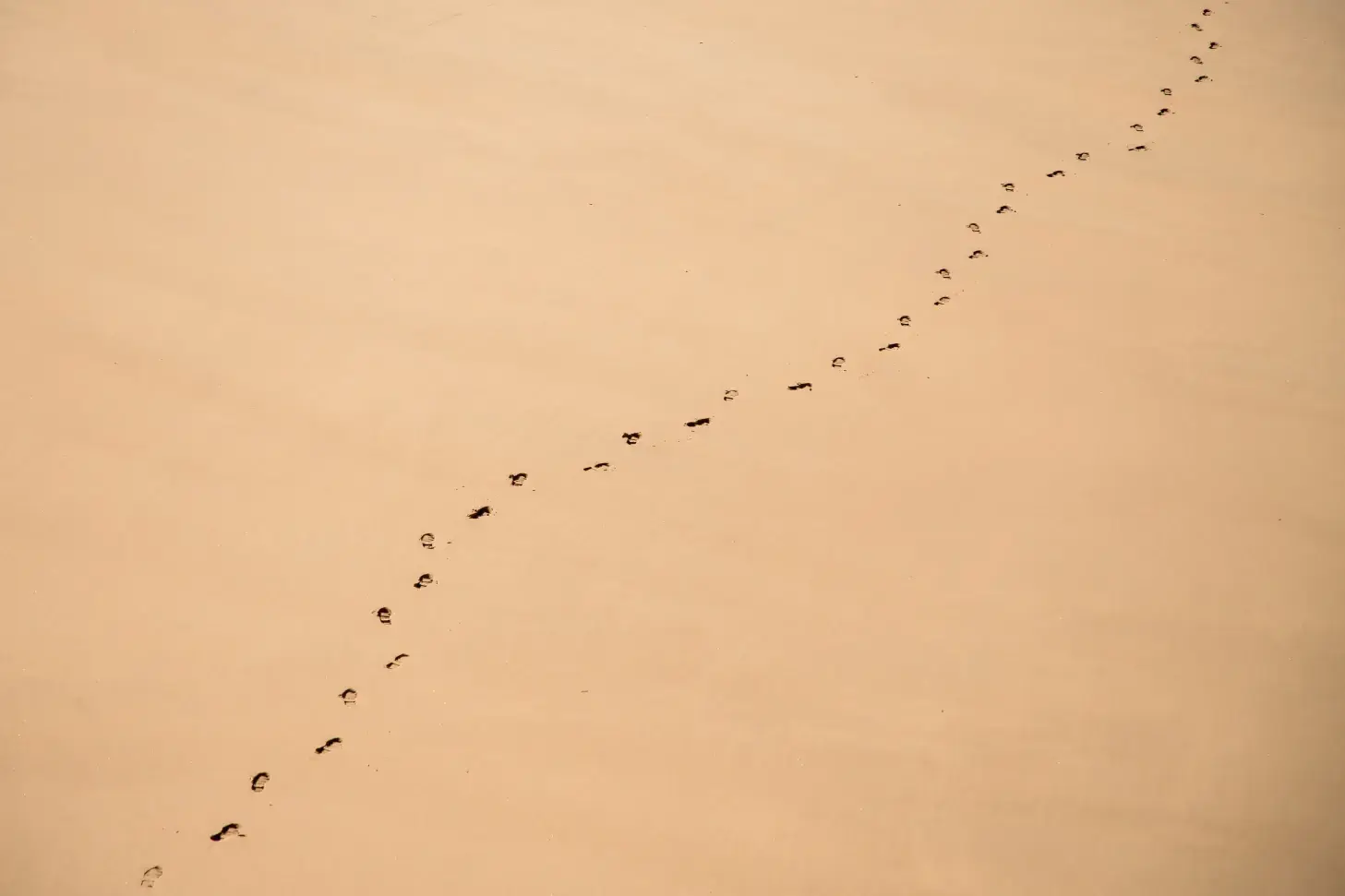Tiny Experiments
- Feriel Temmar
- Mar 26
- 4 min read
I don’t remember exactly how it happened, but two or three years ago, I came across an online community called Ness Labs. I signed up for their newsletter, and pretty quickly, I fell in love with it. I loved it so much that I ended up becoming a member of the community.
The reason I connected with it so much was that it felt like an echo—a much more detailed and scientific echo—of everything I’d been fascinated by since learning neuro-language coaching. The newsletters were packed with information that made me think, challenged some of my beliefs, and gave me things I could actually apply in my coaching sessions.
What drew me to this community—and why I'm still part of it —is its focus on mindful productivity, and the super interesting people who are a part of it.
"Mindful productivity can be defined as being consciously present in what you’re doing, while you’re doing it, in conjunction with managing your mental and emotional states. Mindful productivity is about calmly acknowledging and accepting your feelings and thoughts while engaged in work or creative activities (...) Besides helping with focus, mindful productivity also helps us notice signs of anxiety or stress at work earlier and better deal with them." - Anne-Laure Le Cunff

So why am I talking about all this? Because the person behind Ness Labs, Anne-Laure Le Cunff, recently wrote a book called Tiny Experiments, and I think the mindset shift it suggests is an important and very valid one.
The whole concept of tiny experiments is simple, yet brilliant. Instead of setting giant, overwhelming goals, you pick a small experiment and try it out for a few days. Then, you observe what happens. Do you enjoy it? Does it work for you? If not, why? You take notes, just like a scientist - formulating hypotheses, testing them through small actions, and analyzing results without fear of failure.
Right before the book came out, Anne-Laure created an ephemeral community called The Curiosity Collective, a four-week workshop designed to help and encourage us to put in practice what we learned from Tiny Experiments in real-time. We explored, connected, and collaborated as a group. We ran our small experiments and then shared our insights.
At the end of our first workshop, we had to choose a tiny experiment and try it for five days. I decided I’d journal for five minutes every day. By the end of the five days, I realized I didn’t love it. I felt like I was writing the same things over and over, and it wasn’t quite working for me.
And that’s the beauty of tiny experiments. You don’t force yourself to stick with something just because you thought you should. You adapt, change, or stop if needed. Maybe I had been dreaming of journaling for years, but it turns out it’s not for me, at least not the way I was doing it. —so I changed it and tried again. And then again. I'm now happy to say that I have what is starting to look like a journalling habit that works really well for me, that I actually enjoy and that fits perfectly in my life.
Tiny experiments are in line with how our brains naturally deal with uncertainty and change. By focusing on small, manageable parts - rather than some huge goal unrealistically pursued for weeks, even months - they reduce stress from perfectionism and any other type of resistance, making it easier to maintain and establish new habits. This approach also allows for healthy curiosity and metacognition, priming the brain for "positive" surprise instead of fear. It leverages the reward system of the brain by giving fast feedback which in turn encourages us to continue with the experiment. It's a virtual circle.
I've been actively using this approach with my clients in my brain-friendly language coaching sessions. Instead of having my coachees commit to long-term goals they’re not sure about, I introduce them to tiny experiments. They might say, “I want to do English exercises; I want to read; I want to watch videos,” and before, I’d tell them, “Okay, let’s try one or two things for a few minutes a day.” But now, I take it a step further—I have them experiment and observe themselves.
Maybe they thought they loved reading but actually prefer videos. Maybe they assumed they’d hate exercises but find them fun. The goal is to help them figure out what truly works for them little by little without the pressure of chasing some big, rigid goal (think New Years resolution for example).
Of course, the idea of breaking a big goal into smaller steps isn’t new. But what Tiny Experiments does is shift the mindset—it’s not about goals; it’s about curiosity. You’re not just doing something; you’re exploring, testing, learning and even maybe having fun along the way.
"Instead of rigid productivity rules or overwhelming strategies, Tiny Experiments offers a mindset shift—one that embraces curiosity, play, and progress over perfection. It’s a magic recipe for taking action without fear of failure, making it easier to try new things and move forward, no matter how small the step".





Comments